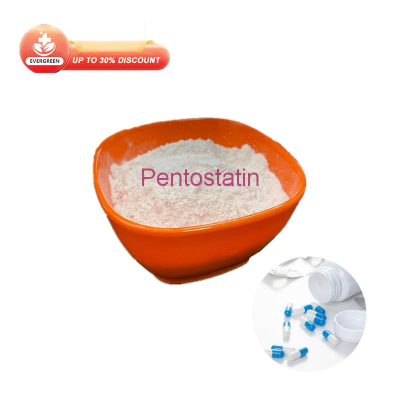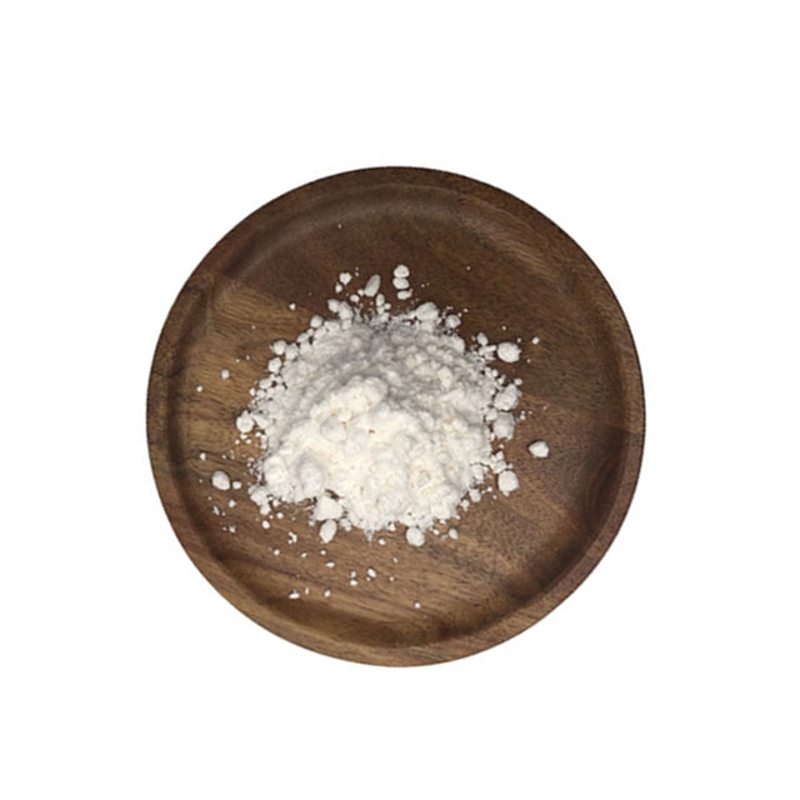-
Categories
-
Pharmaceutical Intermediates
-
Active Pharmaceutical Ingredients
-
Food Additives
- Industrial Coatings
- Agrochemicals
- Dyes and Pigments
- Surfactant
- Flavors and Fragrances
- Chemical Reagents
- Catalyst and Auxiliary
- Natural Products
- Inorganic Chemistry
-
Organic Chemistry
-
Biochemical Engineering
- Analytical Chemistry
- Cosmetic Ingredient
-
Pharmaceutical Intermediates
Promotion
ECHEMI Mall
Wholesale
Weekly Price
Exhibition
News
-
Trade Service
CAR-T cell therapy has achieved surprising therapeutic results in hematological tumors, and the FDA has approved a number of CAR-T therapies for marketing
.
However, CAR-T still has challenges
in treating solid tumors.
One of the reasons is that CAR-T cells attach to the outside of the tumor and are not easily penetrated into the tumor, so they are not
effective against solid tumors.
TCR-T cell therapy has become a promising method
to conquer solid tumors.
Screening and identification of T cell receptor (TCR) sequences that can specifically bind tumor cell antigens, and then introducing TCR into T cells through genetic engineering technology, and then infusing such genetically engineered T cells back into the patient, so as to specifically recognize and kill tumor cells
expressing antigens.
On November 10, 2022, researchers from PACT Pharma and the University of California collaborated to publish a research paper
entitled: Non-viral precision T cell receptor replacement for personalized cell therapy in Nature, a top international academic journal.
The study reported the development of non-virally engineered immune cells for the treatment of cancer and the first human clinical trials
.
The use of CRISPR gene editing to generate patient-specific T cells has a good
safety profile.
Although there is limited clinical benefit regarding patient response, this study demonstrates the potential feasibility
of this treatment strategy.
The research team conducted clinical trials in 16 patients with solid tumors, including breast, lung, and colorectal cancers, which is also the first attempt to
combine gene editing and T cell therapy, two hot areas of cancer treatment.
Co-corresponding author Antoni Ribas of UCLA said this may be the most complex treatment ever tried clinically, trying to form an army of cancer with a patient's own T cells
.
The research team sequenced blood samples and DNA from tumor biopsies from cancer patients to look for mutations
found in tumors but not in blood.
Do this for every cancer patient who participates in a clinical trial, because mutations in each cancer may be different, and although there are some common mutations, they are only a minority
.
The research team then used algorithms to predict which mutations might cause a T cell response
.
Normally, T cells patrol the body, looking for abnormal cells and killing them
.
T cells of cancer patients lose the ability to recognize or kill tumor cells for various reasons, resulting in tumor growth
.
Harnessing the power of the body's immune system to treat cancer is an attractive target
.
T cell receptors (key parts of the immune system involved in recognizing and responding to specific antigens, TCR) can detect tumor cells because a single mutation in the tumor cell genome changes cell surface proteins
.
Isolate these T cell receptors that can find cancer cells and use them to generate therapeutic T cells, or open up a new way
to treat refractory cancers.
The research team developed a clinical-grade approach to CRISPR-Cas9-based non-viral precision genome editing that simultaneously knocked out two endogenous T cell receptor (TCR) genes, TCRα (TRAC) and TCRβ (TRBC), and inserted cancer-specific neoantigen-specific TCR (neoTCR) at the TRAC site, which was isolated from the patient's
own circulating T cells.
This generates personalized anti-cancer immune cells
.
This is an extremely complex manufacturing process, and in some cases, the entire process takes more than a year
.
In this Phase 1 clinical trial, 16 patients with metastatic solid tumors (breast, lung, colorectal) who did not respond to standard therapies were treated with genetically engineered T cells that express three different neoantigen-specific TCRs (neoTCRs) that target individual cancer mutations
.
Of the 16 subjects, the therapy stabilized 5 people, meaning their tumors did not continue to grow and the other 11 patients progressed
.
Only 2 patients experienced adverse effects associated with T-cell therapy (possibly due to the activity of gene-edited T cells), while all patients experienced expected adverse effects
associated with concurrent chemotherapy.
Overall, the clinical benefit of patients in this clinical trial is limited, but the research team said that in order to ensure safety, patients are given a relatively small dose of T cells in the trial, and subsequent trials can increase the infusion dose, which is expected to improve the treatment effect
.
In addition, the research team emphasized that their method has certain limitations, such as the time required to characterize potential antigens and to isolate, clon, and test T cell receptors, and that patient-specific T cell receptors have different affinities for corresponding antigens
.
They point out that some processes were optimized during the trial and that there is room for further optimization in the future
.
The CRISPR-Cas9 gene-editing-based TCR-T cell therapy used in the clinical trial was developed by PACT Pharma, a company founded in 2016 that has raised more than $200 million to develop personalized T cell therapies
for cancer patients.
Original source:
Foy, S.
P.
, Jacoby, K.
, Bota, D.
A.
et al.
Non-viral precision T cell receptor replacement for personalized cell therapy.
Nature (2022).
https://doi.
org/10.
1038/s41586-022-05531-1.







